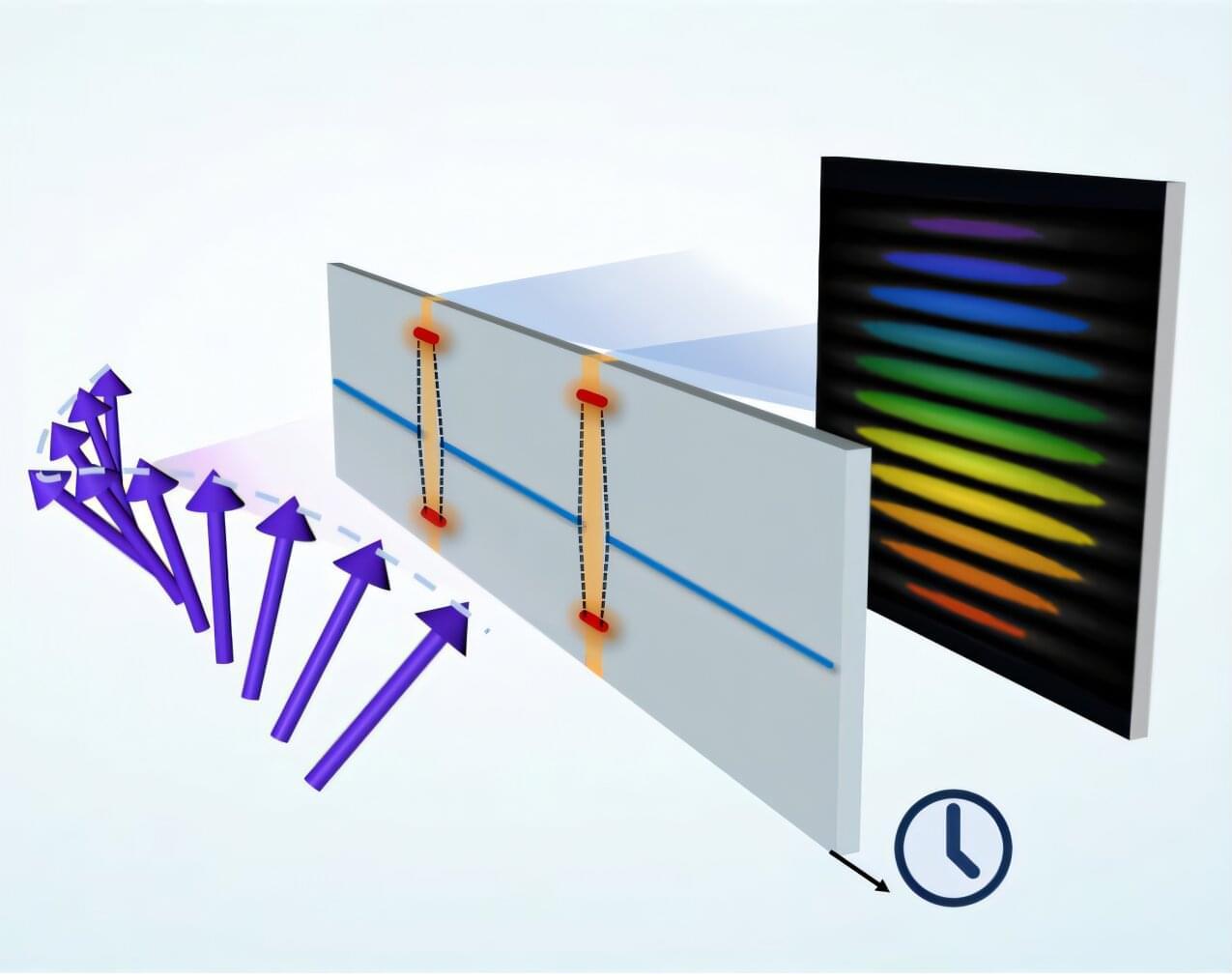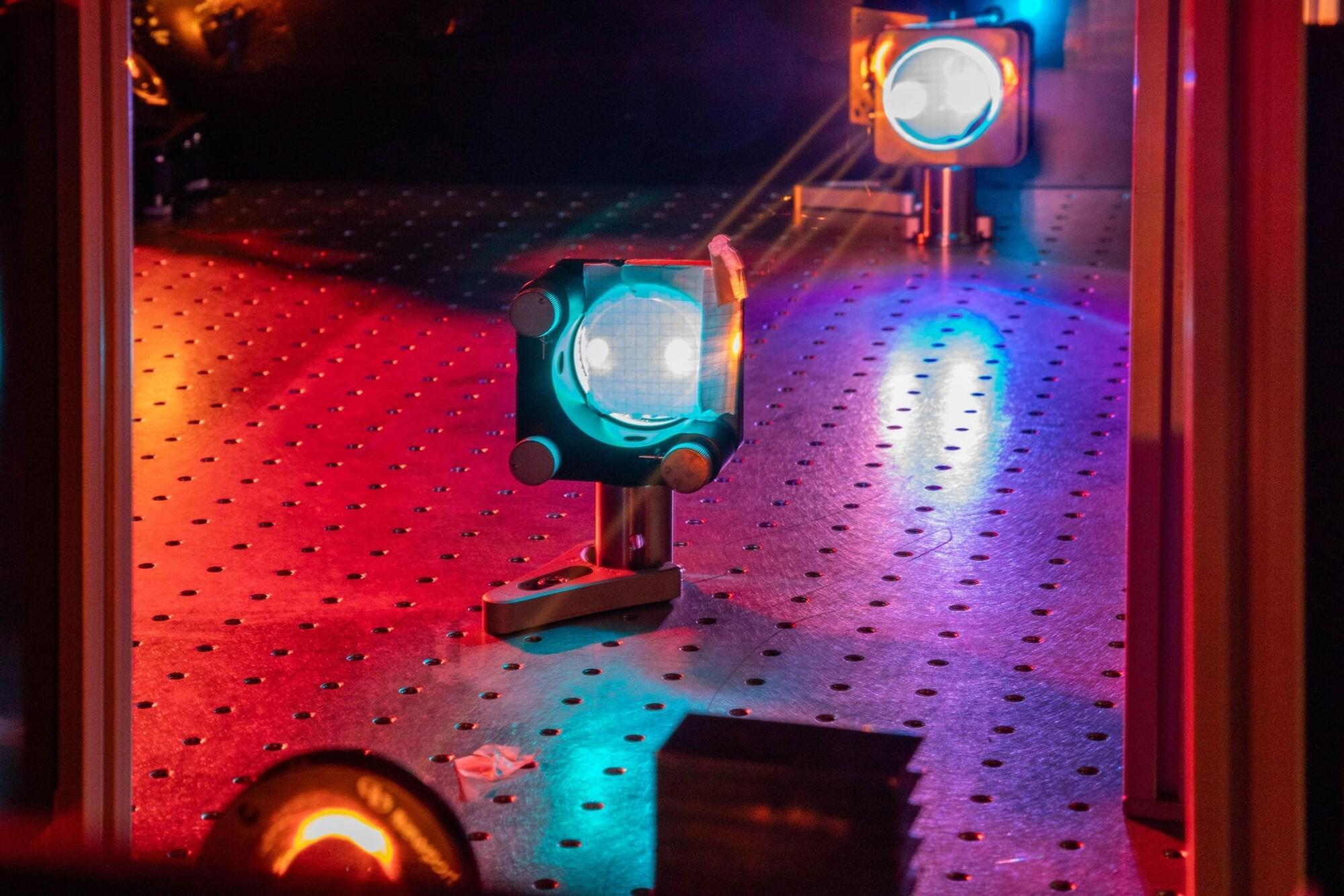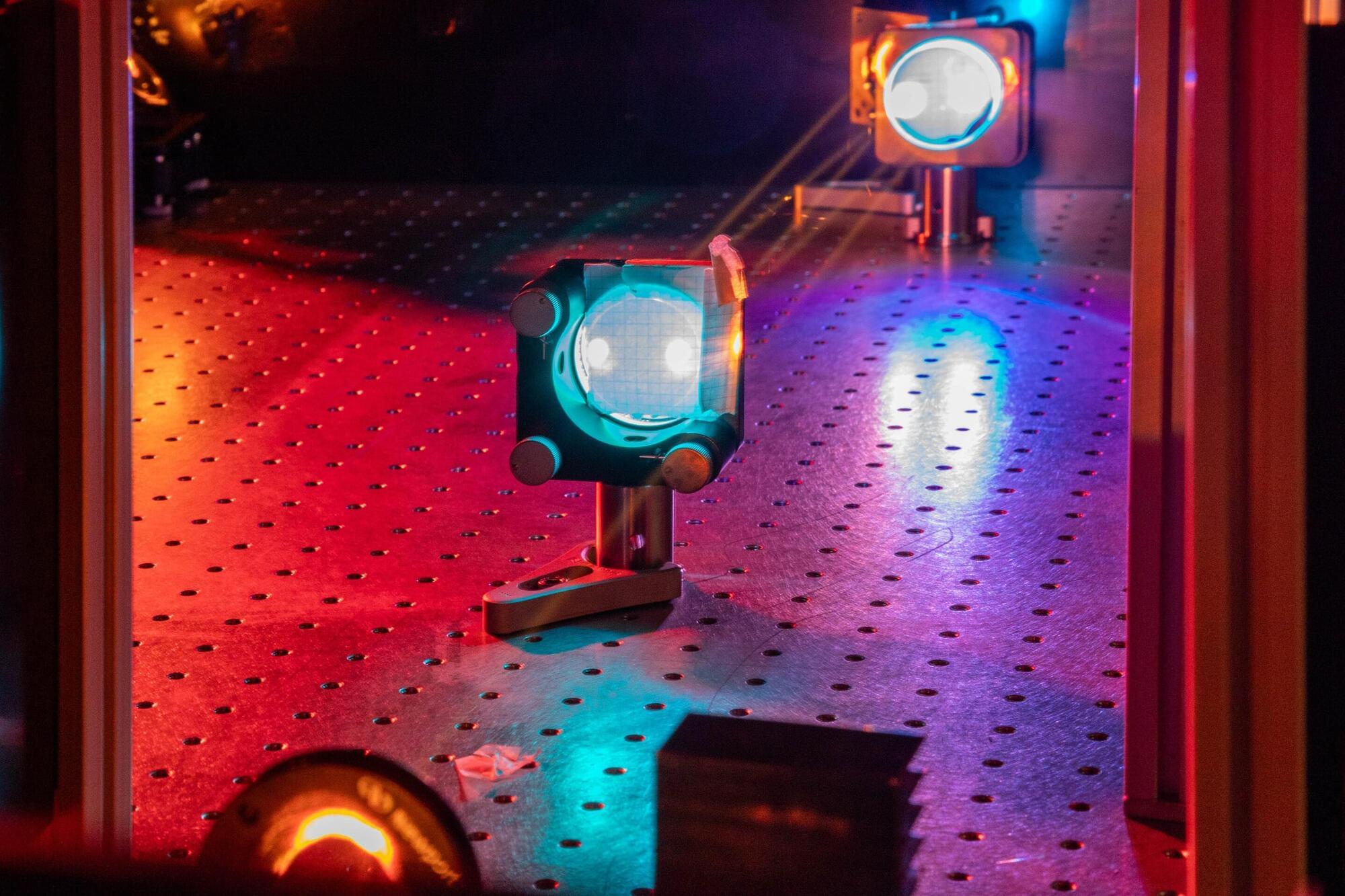Hydride ion (H-), with their low mass and high redox potential, are considered promising charge carriers for next-generation electrochemical devices. However, the lack of an efficient electrolyte with fast hydride ion conductivity, thermal stability, and electrode compatibility has hindered their practical applications.
In a study published in Nature, Prof. Chen Ping’s group from the Dalian Institute of Chemical Physics (DICP) of the Chinese Academy of Sciences (CAS) developed a novel core–shell hydride ion electrolyte, and constructed the first room temperature all-solid-state rechargeable hydride ion battery.
Using a heterojunction-inspired design, researchers synthesized a novel core–shell composite hydride, 3CeH3@BaH2, where a thin BaH2 shell encapsulates CeH3. This structure leverages the high hydride ion conductivity of CeH3 and the stability of BaH2, enabling fast hydride ion conduction at room temperature along with high thermal and electrochemical stability.








